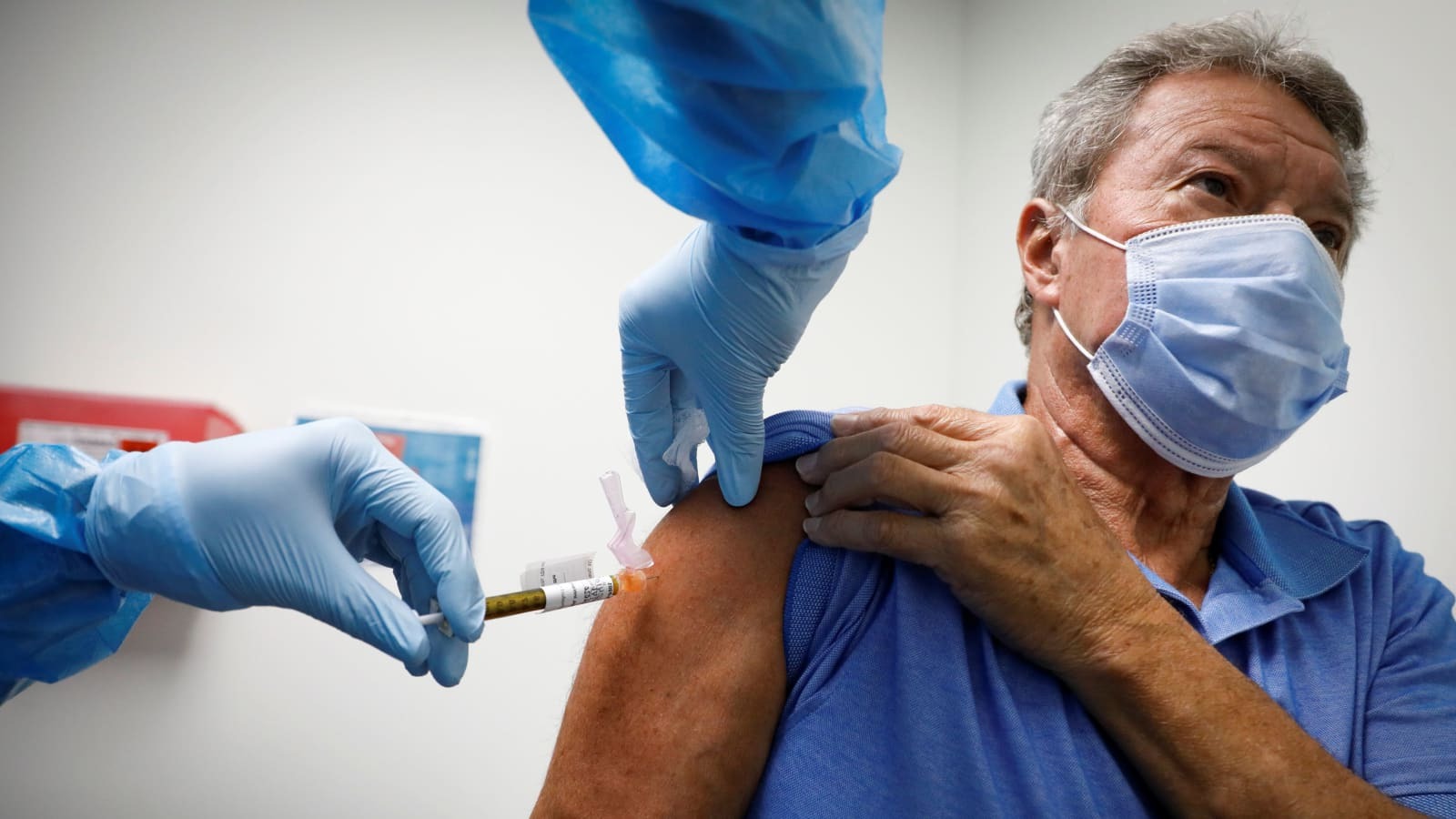
Ever wondered what makes the male body unique? From muscle mass to metabolism, the male body has some fascinating features that set it apart. Did you know men generally have more muscle mass than women? This difference affects strength, endurance, and even how calories are burned. Another cool fact: men typically have thicker skin. This isn't just a metaphor; it's a biological truth that offers more protection but also means more sweat glands. Men also have a higher basal metabolic rate (BMR). This means they burn calories faster, even at rest. Intrigued yet? Let's dive into 22 amazing facts about the male body that will leave you both informed and amazed.
Male Body Facts You Didn't Know
The human body is a marvel of nature, and the male body has its own unique set of characteristics. From muscle mass to brain function, here are some fascinating facts about the male body.
Muscle Mass and Strength
Men are often known for their physical strength, and there's science behind it.
- Higher Muscle Mass: Men generally have more muscle mass than women due to higher levels of testosterone. This hormone promotes muscle growth and strength.
- Faster Muscle Recovery: Testosterone not only helps in building muscles but also aids in faster recovery after workouts.
- Greater Upper Body Strength: Men typically have more upper body strength compared to women. This is due to a higher concentration of muscle fibers in the upper body.
Brain and Cognitive Function
The male brain has its own set of unique features that differentiate it from the female brain.
- Larger Brain Size: On average, men have larger brains than women. However, this doesn't necessarily mean better cognitive function.
- Spatial Awareness: Men generally excel in tasks that require spatial awareness, such as reading maps or assembling furniture.
- Risk-Taking Behavior: The male brain is wired to take more risks, which can be both an advantage and a disadvantage.
Hormonal Differences
Hormones play a crucial role in defining male characteristics and behavior.
- Testosterone Peaks: Testosterone levels peak during adolescence and early adulthood, then gradually decline with age.
- Mood Swings: Fluctuations in testosterone levels can lead to mood swings, similar to how hormonal changes affect women.
- Higher Aggression Levels: Elevated testosterone levels are often linked to higher aggression and competitiveness.
Reproductive System
The male reproductive system is complex and fascinating in its own right.
- Sperm Production: Men produce millions of sperm daily, ensuring a high chance of fertilization.
- Erectile Function: Erections are controlled by the nervous system and can be affected by both physical and psychological factors.
- Prostate Health: The prostate gland plays a crucial role in male fertility and urinary function. Regular check-ups are essential for maintaining prostate health.
Hair and Skin
Men's hair and skin have distinct characteristics influenced by hormones.
- Facial Hair Growth: Testosterone stimulates the growth of facial hair, which is why men can grow beards and mustaches.
- Thicker Skin: Men's skin is generally thicker and oilier than women's, making it less prone to wrinkles but more prone to acne.
- Baldness: Male pattern baldness is a common condition caused by genetics and hormonal changes.
Cardiovascular System
The male cardiovascular system has its own set of unique features.
- Higher Blood Pressure: Men are more likely to have higher blood pressure compared to women, increasing the risk of heart disease.
- Faster Heart Rate Recovery: After exercise, men's heart rates tend to return to normal faster than women's.
- Larger Heart Size: Men generally have larger hearts, which can pump more blood with each beat.
Metabolism and Digestion
Men's metabolism and digestive systems have unique characteristics that affect their overall health.
- Faster Metabolism: Men typically have a faster metabolism, allowing them to burn calories more quickly.
- Higher Caloric Intake: Due to their larger muscle mass and faster metabolism, men usually require more calories than women.
- Digestive Enzymes: Men produce more digestive enzymes, aiding in the breakdown of food and absorption of nutrients.
Immune System
The male immune system has its own strengths and weaknesses.
- Weaker Immune Response: Men generally have a weaker immune response compared to women, making them more susceptible to infections and illnesses.
Fascinating Insights into the Male Body
Understanding the male body reveals some truly fascinating facts. From the higher muscle mass to the unique brain structure, each aspect highlights the complexity and diversity of human biology. Men generally have denser bones and larger hearts, which contribute to their physical strength. Their hormonal cycles differ significantly from women, impacting everything from mood to metabolism.
Knowing these facts can help in appreciating the differences and similarities between genders. It also underscores the importance of personalized healthcare and fitness regimes tailored to individual needs. Whether you're curious about testosterone levels or the role of genetics, these insights offer a deeper understanding of what makes the male body unique.
So next time you think about health and fitness, remember these intriguing facts. They might just change the way you see the world.
Was this page helpful?
Our commitment to delivering trustworthy and engaging content is at the heart of what we do. Each fact on our site is contributed by real users like you, bringing a wealth of diverse insights and information. To ensure the highest standards of accuracy and reliability, our dedicated editors meticulously review each submission. This process guarantees that the facts we share are not only fascinating but also credible. Trust in our commitment to quality and authenticity as you explore and learn with us.


